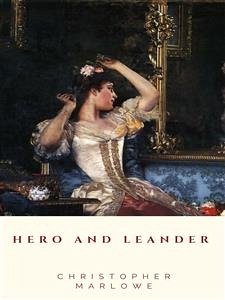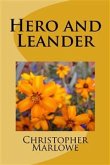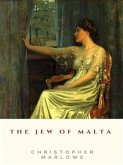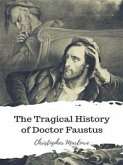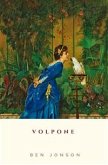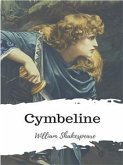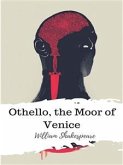Hero and Leander is a mythological short epic by the famous English writer and dramatist Christopher Marlowe. When Marlowe was killed after being accused of blasphemy, he left the poem unfinished to be later completed by George Chapman. The poem follows the love story between the two Greek mythological characters Hero and Leander which was first narrated in the works of the two ancient poets Musaeus Grammaticus and Ovid. Hero is a priestess of the goddess Venus to whom she has made a vow of chastity, yet she falls in love with Leander, a young man from Abydos on the opposite side of the narrow sea passage known as the Hellespont. Leander, who promises to cross the Hellespont every night to reach his beloved, gets in trouble with Neptune, the god of the seas.
Bitte wählen Sie Ihr Anliegen aus.
Rechnungen
Retourenschein anfordern
Bestellstatus
Storno

